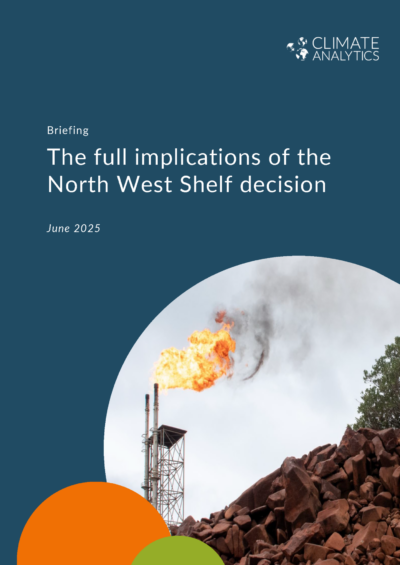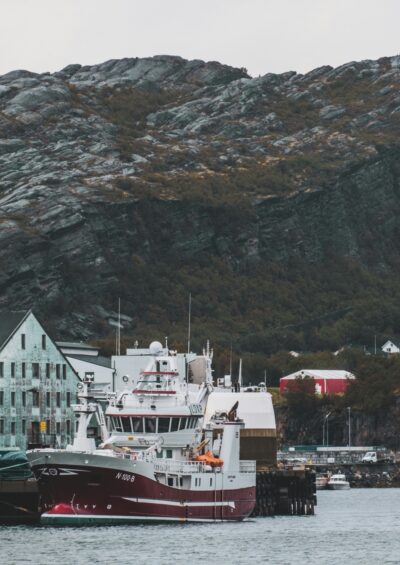Publications
Share


Reports
Cement is an integral base material for the global economy, but it poses a major climate challenge. Given China produces more than half the world’s cement, generating 13-15% of its national CO2 emissions, decarbonising this sector is critical to meeting China’s climate goals.

Reports
Western Australia is the only Australian state without an emissions reduction target. Here, we recommend 1.5˚C aligned targets for WA.

Briefings
This briefing provides a comprehensive overview of what the science is saying now about the 1.5°C warming limit – what it means, what is at stake, and what actions are needed to limit the risks of overshoot and safeguard a liveable future.
Briefings
This briefing helps SIDS advocate for global adaptation indicators that catalyse support, investment, and political will to scale up adaptation responses, not just track them.

Briefings
On 28 May 2025, Australian Environment Minister Murray Watt made the first step towards what looks set to be a final decision to approve Woodside Energy's North West Shelf LNG plant in Western Australia through to 2070.

Peer-reviewed Papers
New perspective piece argues climate overshoot – the temporary exceedance of the 1.5°C limit of the Paris Agreement – may not be relevant for short-term adaptation planning, but it should be considered for long-term plans and policies, such as infrastructure-based measures and for irreversible impacts such as sea-level rise.